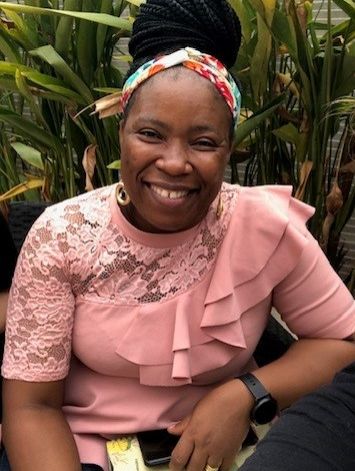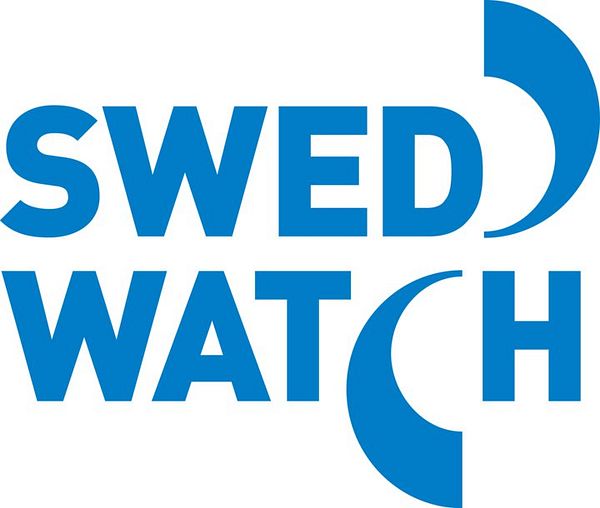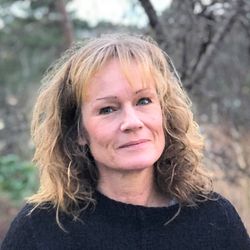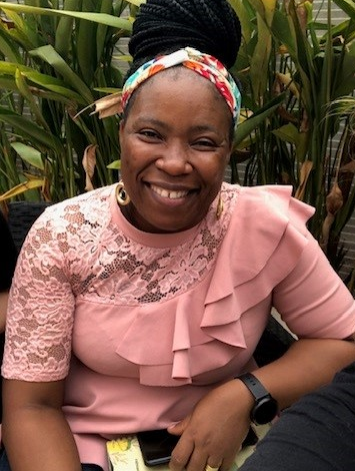Pressmeddelande -
Liberia forth African country to adopt a National Action Plan on Business and Human Rights
On the 14thof August Liberia launched its first National Action Plan on Business and Human Rights, NAP BHR. Swedwatch and its partner organization Green Advocates International (GAI) have been working to integrate women from business impacted communities in the policy-process. Both partners welcome the adoption of the NAP BHR, and call for an inclusive implementation and monitoring process.
- I feel so happy to finally see the launch of Liberia’s NAP BHR. Being the fourth country in Africa to have a NAP BHR! That is a great milestone for communities affected by business operations, especially women. My hope is to see a unique and holistic implementation ensuring women as an integral part of the NAP BHR, says Radiatu H.S. Kahnplaye, Head of Administration and Finance at GAI and Project Lead for the NAP BHR project at GAI.
In recent years, an increasing number of countries have developed NAPs BHR with the aim of increasing respect for human rights in connection to business activities, through improved implementation of the United Nations Guiding Principles on Business and Human Rights (UNGPs).
An estimated 36 countries in the world have adopted a NAP BHR, and an estimated 18 countries have a development process underway*. Kenya and Uganda were the first countries to adopt NAPs BHR in Africa in 2021, and Nigeria in 2023, making Liberia the fourth country in Africa to adopt a NAP BHR. The plan to develop a NAP BHR in Liberia was announced in 2018, with the process starting in 2019.

PHOTO: Radiatu H.S. Kahnplaye, Head of Administration and Finance at GAI and Project Lead for the NAP BHR project at Green Advocates International.
The importance of inclusion of women
In a one-year project that ended this spring, funded by the Folke Bernadotte Academy (FBA), Swedwatch worked together with GAI to increase awareness and engagement of women in decision-making around business and human rights and efforts to sustain peace, with a focus on the development of NAPs BHR in Liberia and Sierra Leone.
- In the Liberian context, Swedwatch and partner organisation GAI have highlighted women’s participation and the need to address the interlinkages between business, human rights, environmental conflict risks – like tensions around natural resource and land - in order to avoid the recurrence of past business-related human rights violations and conflicts. To avoid this, businesses should include gender and conflict sensitive due diligence into their practices, says Jessica Johansson, Programme Officer at Swedwatch and Project Lead for the NAP BHR project at Swedwatch.
The project included capacity-development trainings, radio shows, and multistakeholder dialogues with CSOs, community members, representatives from the Liberian government and UN officials. Swedwatch also facilitated that women from different communities could take part in a validation workshop held by the Ministry of Justice in Liberia to make sure that women that are directly impacted by business operations were included in the policy process.
Based on dialogues, consultations and previous research, GAI and Swedwatch made several recommendations to the government on what the NAP BHR should entail - such as references to women’s participation in decision-making on land and natural resources, protection of human rights defenders, and the interlinkages between business, human rights, and environment, women and peace.
- Looking at the final NAP BHR version that was launched, I see most of our input fully captured. These are real time experiences gathered for over a decade from across communities who have suffered the impact of business operations. The voices of communities, especially women, makes this plan a great example for other countries to follow, says Radiatu H.S. Kahnplaye.
FACT BOX: What is a National Action Plan on Business and Human Rights (NAP BHR)?
Since their endorsement in 2011 by the UN Human Rights Council, the UN Guiding Principles on Business and Human Rights (UNGPs) are the leading international framework for preventing, addressing, and remediating business-related human rights abuses. A NAP BHR is an “evolving policy strategy developed by a State to protect against adverse human rights impacts by business enterprises in conformity with the UNGPs”. Several international bodies, including the European Commission, the UN Human Rights Council and the UN Working Group on Business and Human Rights, recommend states to develop a NAP BHR.
FACT BOX: Why should countries adopt a NAPBHR?
Legal frameworks for BHR are not limited to one policy or regulation but rather span across multiple frameworks, for example: environmental law, labour law, gender- and participatory rights. A NAPBHR can provide a common framework for such business-related laws and policies and clearly spell out the duties of states and business actors in respecting and protecting human rights in relation to business operations. The development of a NAP can also push BHR higher up the political agenda. NAPsBHR can also be an instance to identify the need for new laws or identify gaps in existing laws and policies.
*Based on data from the globalnaps.org by the Danish Institute for Human Rights, where NAPs BHRare categorised as Active, Developing, or Other. Numbers compiled by Swedwatch to encompass number of adopted NAPs BHR (counting adopted and active, adopted and a new version under development, and adopted but inactive), and NAPs BHR under development (counting the categories Developing and NAP BHRs under development in Other).
Ämnen
Kategorier
Swedwatch är en ideell och politiskt obunden researchorganisation. Vårt mål är att företag, investerare och stater ska ta ansvar för mänskliga rättigheter och miljö och att rättighetsinnehavare kan göra sina röster hörda.



